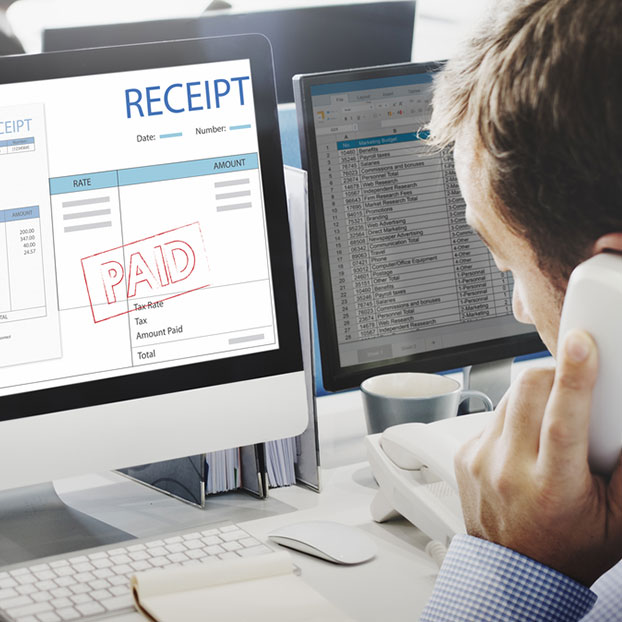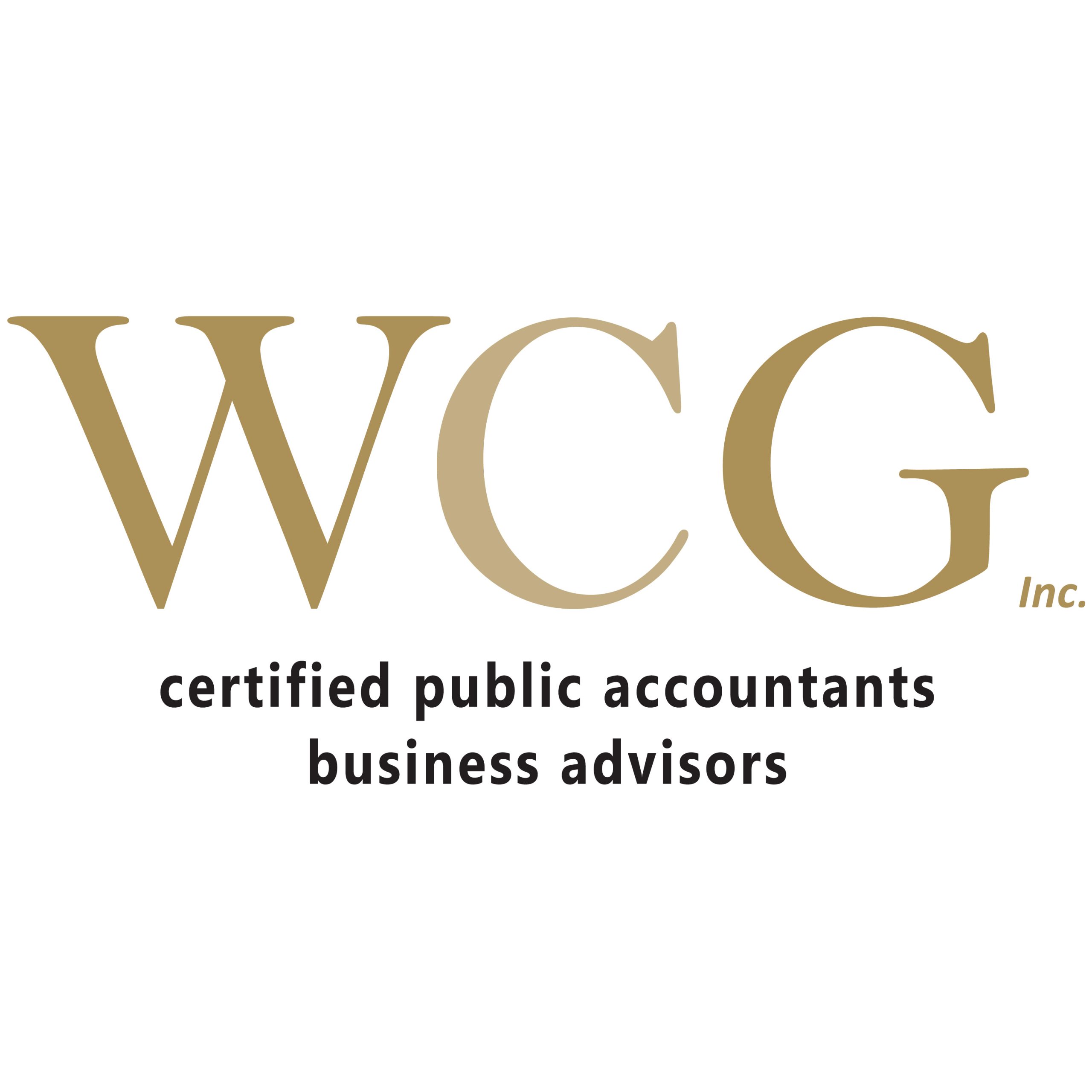
Business Advisory
Business Advisory Services
Everything you need to help you launch your new business entity from business entity selection to multiple-entity business structures.

Everything you need to help you launch your new business entity from business entity selection to multiple-entity business structures.

Designed for rental property owners where WCG CPAs & Advisors supports you as your real estate CPA.

Everything you need from tax return preparation for your small business to your rental to your corporation is here.

Fermentum aliquet amet
tristique purus vitae. Adipiscing
id rhoncus quisque mauris amet.
Table Of Contents

Given the new meals and entertainment landscape (and uncertainty) from the Tax Cuts and Jobs Act (TCJA) of 2017, we believe business owners need to be aware of the possible interpretations of the new rules. WCG (formerly Watson CPA Group) subscribes to the Bradford Tax Institute’s newsletters. Murray Bradford is a CPA and his articles are thought provoking, and at times a bit crazy. However, he usually provides tax code and references. His latest article on business meals is a great trip down memory lane to illustrate how we ended up where we did. Forbes and Fortune, and other internet writers rarely reference tax code and committee reports so stay away from those types.
As mentioned in earlier email blasts, WCG (formerly Watson CPA Group) believes that having lunch with a client or prospect has always been considered entertainment. And… the fact that the entertainment was over a meal does not make the meal deductible- it made the cost of entertainment, which included a meal, deductible.
Now that entertainment deductions are gone, our contention is that meals with clients and prospects are also gone. Having said that, we are not interested in fighting with our clients about how to carry the 1 when faced with unclear tax code- if the code remains unclear come next year, then we will error on the side of client advocacy. In other words, it is not the taxpayer’s fault that Congress and box of crayons can’t write a law in which a 5th grade should be able to read.
As Colonel Jessup in a Few Good Mean would say, “I’m an educated man, but I’m afraid I can’t speak intelligently about the” law writing habits on Congress. Anyway… here is a blurb for your entertainment pleasure. Lucky for you it’s no charge so the deductibility is moot-

Learn about entertainment and meal expense deductions under IRS rules and the Tax Cuts and Jobs Act.
Before enactment of the Tax Reform Act of 1986, the business meal requirement, according to the Joint Committee on Taxation’s Blue Book, was as follows.1
Under prior law, expenses for food and beverages were deductible, without regard to the “directly related” or “associated with” requirement generally applicable to entertainment expenses, if the meal or drinks took place in an atmosphere conducive to business discussion. There was no requirement under prior law that business actually be discussed before, during or after the meal.
We called this pre-1986 meal a “quiet business meal” because you could deduct the meal and beverages without discussing business. Newspapers in New York and Washington, D.C., among other places, were calling this the “three-martini lunch” to highlight the fact that business need not be discussed.
The Tax Reform Act of 1986 did two things to client and prospect meals. First, it reduced the deductions from 100 to 80 percent. Second, as stated in the Blue Book in its description of the new law (with bold emphasis by us):2
Accordingly, an expense for food or beverages is not deductible unless (in addition to generally applicable deduction requirements) the taxpayer
Under this requirement, a business meal expense generally is not deductible unless there is a substantial and bona fide business discussion during, directly preceding, or directly following the meal. The Joint Committee went on:4
Under the Act, as under prior law, the Internal Revenue Service and the courts are not to apply the Cohan approximation rule to allow deductibility of any food or beverage expense, other entertainment expense, or other expenditure subject to substantiation pursuant to section 274(d) if the expenditure is not substantiated in accordance with section 274(d) and the regulations thereunder.
In summary, the Tax Reform Act of 1986 added the business meal with a client or a prospect to the entertainment rules that required either a directly related business discussion or a meal associated with such a discussion for the meal to qualify for deduction.
In addition, the 1986 act subjected the business meal to the entertainment documentation requirements that required you to prove the five elements below:5
The conference report adopted the Senate amendment.6
The provision provides that no deduction is allowed with respect to (1) an activity generally considered to be entertainment, amusement or recreation, (2) membership dues with respect to any club organized for business, pleasure, recreation or other social purposes, or (3) a facility or portion thereof used in connection with any of the above items.
Thus, the provision repeals the present-law exception to the deduction disallowance for entertainment, amusement, or recreation that is directly related to (or, in certain cases, associated with) the active conduct of the taxpayer’s trade or business (and the related rule applying a 50 percent limit to such deductions).
The repeal means the rules that allowed the client and business meals when directly related to or associated with the active conduct of your business are now gone. You can see this when you compare the tax code before and after this tax reform as below.
Here’s the way IRC Section 274(a) read before tax reform
(a) Entertainment, amusement, or recreation.
(1) In general. No deduction otherwise allowable under this chapter shall be allowed for any item-
(A) Activity. With respect to an activity which is of a type generally considered to constitute entertainment, amusement, or recreation, unless the taxpayer establishes that the item was directly related to, or, in the case of an item directly preceding or following a substantial and bona fide business discussion (including business meetings at a convention or otherwise), that such item was associated with, the active conduct of the taxpayer’s trade or business, or
(B) Facility. With respect to a facility used in connection with an activity referred to in subparagraph (A). In the case of an item described in subparagraph (A), the deduction shall in no event exceed the portion of such item which meets the requirements of subparagraph (A).
Here’s the way IRC Section 274(a) reads after tax reform
(a) Entertainment, amusement, recreation, or qualified transportation fringes.
(1) In general. No deduction otherwise allowable under this chapter shall be allowed for any item-
(A) Activity. With respect to an activity which is of a type generally considered to constitute entertainment, amusement, or recreation, or
(B) Facility. With respect to a facility used in connection with an activity referred to in subparagraph (A).
In addition to the above changes that eliminated directly related and associated entertainment deductions (including business meals), tax reform also eliminated any documentation of such expenses when it removed IRC Section 274(d)(2), which required substantiation for “any item with respect to an activity which is of a type generally considered to constitute entertainment, amusement, or recreation, or with respect to a facility used in connection with such an activity.”
The elimination of the substantiation is logical, since the expenses are no longer deductible.
Tax reform also eliminated IRC Section 274(n)(1)(b), which applied the 50 percent deduction rule to entertainment, amusement, or recreation or with respect to a facility used in connection with such activity.
Here are some examples of the way we see business meals after tax reform:
Since the dust has not settled on this topic, and it probably won’t be for some time, WCG (formerly Watson CPA Group) suggests tracking meals three different ways-
1. Meals with clients and business associates where business was discussed.
2. Meals while on business travel, away from home, requiring substantial rest (hotel night, for example).
3. Meals served at the employer’s place of business for the convenience of the employer (coffee, donuts, pizza).
It is not the taxpayer’s fault the new tax code was written in crayon. For now, track your meal expenses separately as shown above and we will have to revisit these “buckets” at tax time for 2018 tax returns.
Jason Watson, CPA is the Managing Partner of WCG (formerly Watson CPA Group), a business consultation and tax preparation firm, and is the author of Taxpayer’s Comprehensive Guide on LLC’s and S Corps which is available online.

Learn about important tax deadlines, document due dates, and other business tax return info.

Learn about important tax deadlines, document due dates, and other business tax return info.
Table Of Contents

Lorem ipsum dolor sit amet, consectetur adipiscing elit, sed do eiusmod tempor incididunt ut labore et dolore magna aliqua.

Lorem ipsum dolor sit amet, consectetur adipiscing elit, sed do eiusmod tempor incididunt ut labore et dolore magna aliqua.
Did you want to chat about this? Do you have questions about Meals and Entertainment After TCJA 2017? Let’s chat!
The tax advisors and business consultants at WCG are not salespeople; we are not putting lipstick on a pig expecting you to love it. Our job remains being professionally detached, giving you information and letting you decide within our ethical guidelines and your risk profiles.
We see far too many crazy schemes and half-baked ideas from attorneys and wealth managers. In some cases, they are good ideas. In most cases, all the entities, layering and mixed ownership is only the illusion of precision. As Chris Rock says, just because you can drive your car with your feet doesn’t make it a good idea. In other words, let’s not automatically convert “you can” into “you must.” Yes, it is fun to brag about how complicated your world is at cocktail parties, but let’s not unnecessarily complicate it for the bragging rights.
We typically schedule a 20-minute complimentary quick chat with one of our Partners or Senior Tax Professionals to determine if we are a good fit for each other, and how an engagement with our team looks. Tax returns only? Business advisory? Tax prep, and more importantly tax strategy and planning?
Should we need to schedule an additional consultation, our fee is $250 for 40 minutes. Fun! If we decide to press forward with a Business Advisory or Tax Patrol Services engagement, we will credit the consultation fee towards those services.

Taxes are complicated. We make them simple. Get in touch with a pro here at WCG!

Everything you need to help you launch your new business entity from business entity selection to multiple-entity business structures.

Designed for rental property owners where WCG CPAs & Advisors supports you as your real estate CPA.

Everything you need from tax return preparation for your small business to your rental to your corporation is here.

Fermentum aliquet amet
tristique purus vitae. Adipiscing
id rhoncus quisque mauris amet.
